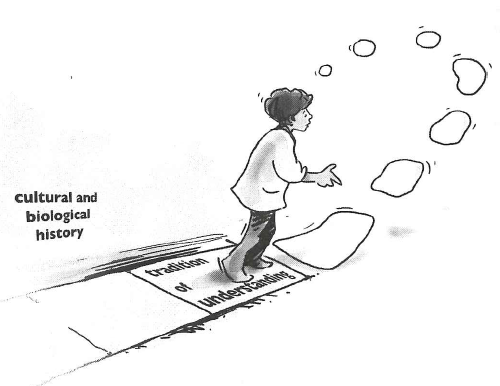8 Summary
The capacity to put systems thinking into practice is based on the ability of the practitioner to appreciate their own traditions of understanding and to make connections with the history of particular systems thinkers and particular systems methods or methodologies, or to formulate their own. You have been exposed to the work and thoughts of some key systems thinkers so that you can experience something of the development of their ideas and practices and the different academic or professional disciplines they worked in. This should provide you with a foundation to next consider in more detail the differences in systems approaches and what that might mean for your own habits and practices.

You should now be able to:
- describe the central ideas and practices that arose from the experiences and tradition of five key systems thinkers.
Next week, you will look at the role of methods, methodologies and approaches and tools, techniques and skills as applied to systems thinking in practice and exemplified by the soft systems methodology.
You can now go to Week 7 [Tip: hold Ctrl and click a link to open it in a new tab. (Hide tip)] .
